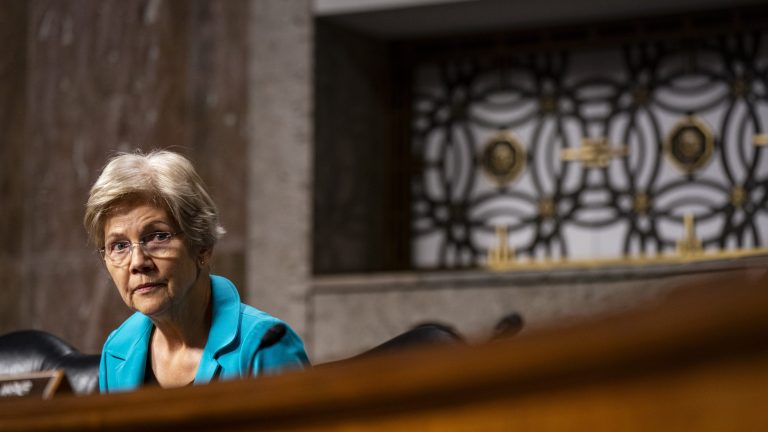An AI-generated nude photo scandal has shut down a Pennsylvania private school. On Monday, classes were canceled after parents forced leaders to either resign or face a lawsuit potentially seeking criminal penalties and accusing the school of skipping mandatory reporting of the harmful images.
The outcry erupted after a single student created sexually explicit AI images of nearly 50 female classmates at Lancaster Country Day School, Lancaster Online reported.
Head of School Matt Micciche seemingly first learned of the problem in November 2023, when a student anonymously reported the explicit deepfakes through a school portal run by the state attorney’s general office called "Safe2Say Something." But Micciche allegedly did nothing, allowing more students to be targeted for months until police were tipped off in mid-2024.
Cops arrested the student accused of creating the harmful content in August. The student's phone was seized as cops investigated the origins of the AI-generated images. But that arrest was not enough justice for parents who were shocked by the school's failure to uphold mandatory reporting responsibilities following any suspicion of child abuse. They filed a court summons threatening to sue last week unless the school leaders responsible for the mishandled response resigned within 48 hours.
This tactic successfully pushed Micciche and the school board's president, Angela Ang-Alhadeff, to "part ways" with the school, both resigning effective late Friday, Lancaster Online reported.
In a statement announcing that classes were canceled Monday, Lancaster Country Day School—which, according to Wikipedia, serves about 600 students in pre-kindergarten through high school—offered support during this "difficult time" for the community.
Parents do not seem ready to drop the suit, as the school leaders seemingly dragged their feet and resigned two days after their deadline. The parents' lawyer, Matthew Faranda-Diedrich, told Lancaster Online Monday that "the lawsuit would still be pursued despite executive changes."



 Loading comments...
Loading comments...
